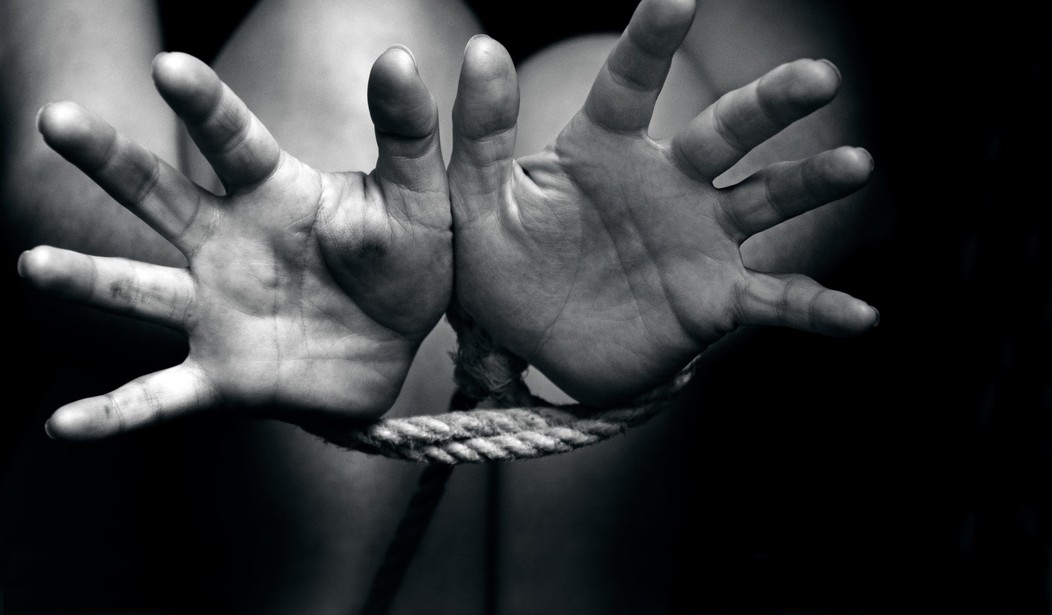Continuing a plan to get through the entire Bible in a year, follow as I journal through the reading. I have chosen a straightforward approach that begins in Genesis and ends in Revelation. This will not be an in-depth study or a comprehensive commentary. There are plenty of sources for such material. This is stage one Bible reading, taking the text at face value and sharing impressions.
Today’s reading comes from the book of Genesis, chapters 35 through 37, covering significant events in the life of Jacob, and the betrayal of Joseph by his own brothers. Some impressions from the text:
- Before building an altar to the Lord at Bethel, Jacob instructed his house to “put away the foreign gods that are among you and purify yourselves and change your garments.” This foreshadowed the purification that the Israelite priests went through before attending to their duties, first in the tabernacle, then in the temple. Purification was, and remains, a symbolic representation of the cleansing sinners require to enter into the presence of God.
- The putting away of foreign gods also proves noteworthy. Jacob preferred “the God who answers me in the day of my distress and has been with me wherever I have gone.” We worship the one true God because He is real. Idols are not.
- “While Israel lived in that land, Reuben went and lay with Bilhah, his father’s concubine. And Israel heard of it.” This is strange. The account mentions this incident in passing and does not expound upon it. Reuben was Jacob’s son by Leah. Bilhah was Rachel’s servant, given to Jacob by Rachel as another wife. This is basically incest, a son sleeping with his stepmother of sorts.
- Genesis 36:31-39 details a royal genealogy. The pattern of language is striking. “Bela the son of Beor reigned in Edom, the name of his city being Dinhabah. Bela died, and Jobab the son of Zerah of Bozrah reigned in his place. Jobab died, and Husham of the land of the Temanites reigned in his place.” It goes on like that for generations. So-and-so reigned, died, and his son reigned in his place. It’s an uncermonial reminder of mortality and what King Solomon would later call vanity. No matter who we are or what we do, we each end up dead.
- The jealousy of Joseph’s brothers proves instructive. There are some, like Oprah, who have criticized the biblical description of God as “jealous.” What kind of God is jealous? This question ignores the fact that jealousy can be either warranted and righteous or unwarranted and unrighteous. Joseph’s brothers exhibited the second variety. They were jealous of Joseph on account of the love Jacob showed him. But that was Jacob’s perogative. He owed them nothing. Jacob’s love for Joseph did not belong to them. They had no claim over it. By contrast, when God is jealous, it is because he is being denied something which does belong to Him — worship. It’s like the jealousy of a husband. His wife is his, and properly should show love for no other man.
- Consider how Judah seeks to justify what he and his brothers do to Joseph. “What profit is it if we kill our brother and conceal his blood? Come, let us sell him to the Ishmaelites, and let not our hand be upon him, for he is our brother, our own flesh.” We’re not the bad guys here, he seems to say. Lets do the honorable thing, which turns out to be selling our brother into slavery. Isn’t that just how it goes? We justify our sin by comparing it to something worse. When asked to name the Ten Commandments, most everyone remembers “Thou shalt not murder.” They struggle to recall the others. That’s because most people don’t commit murder, and think themselves somehow nobler for it.
Return soon as we continue our year-long journey through the text of the Bible.
Catch up on the previous entries:
In the Beginning: The Creation, His Rest, Our Fall – Genesis 1-3
An End of All Flesh: Abel’s Murder, Man’s Corruption, and the Great Flood – Genesis 4-7
Noah’s Flood Led to History’s First Post-Apocalyptic Society – Genesis 8-11
Abram Believed: The Pre-Gospel Gospel – Genesis 12-15
Abraham, the Father of Faith, Also Harbored Doubt – Genesis 16-18
Twin Cities of Sin: The Judgment of Sodom and Gomorrah – Genesis 19-21
Was Abraham a Psychotic Child Murderer? – Genesis 22-24
Isaac Follows in His Father’s Footsteps – Genesis 25 and 26
Deception and Fraud, Not of God, But Used for His Purpose – Genesis 27-29
Jacob’s Dysfunctional Polygamous Family – Genesis 30 and 31
Jacob Wrestled with God and Man, and Prevailed – Genesis 32-34









Join the conversation as a VIP Member